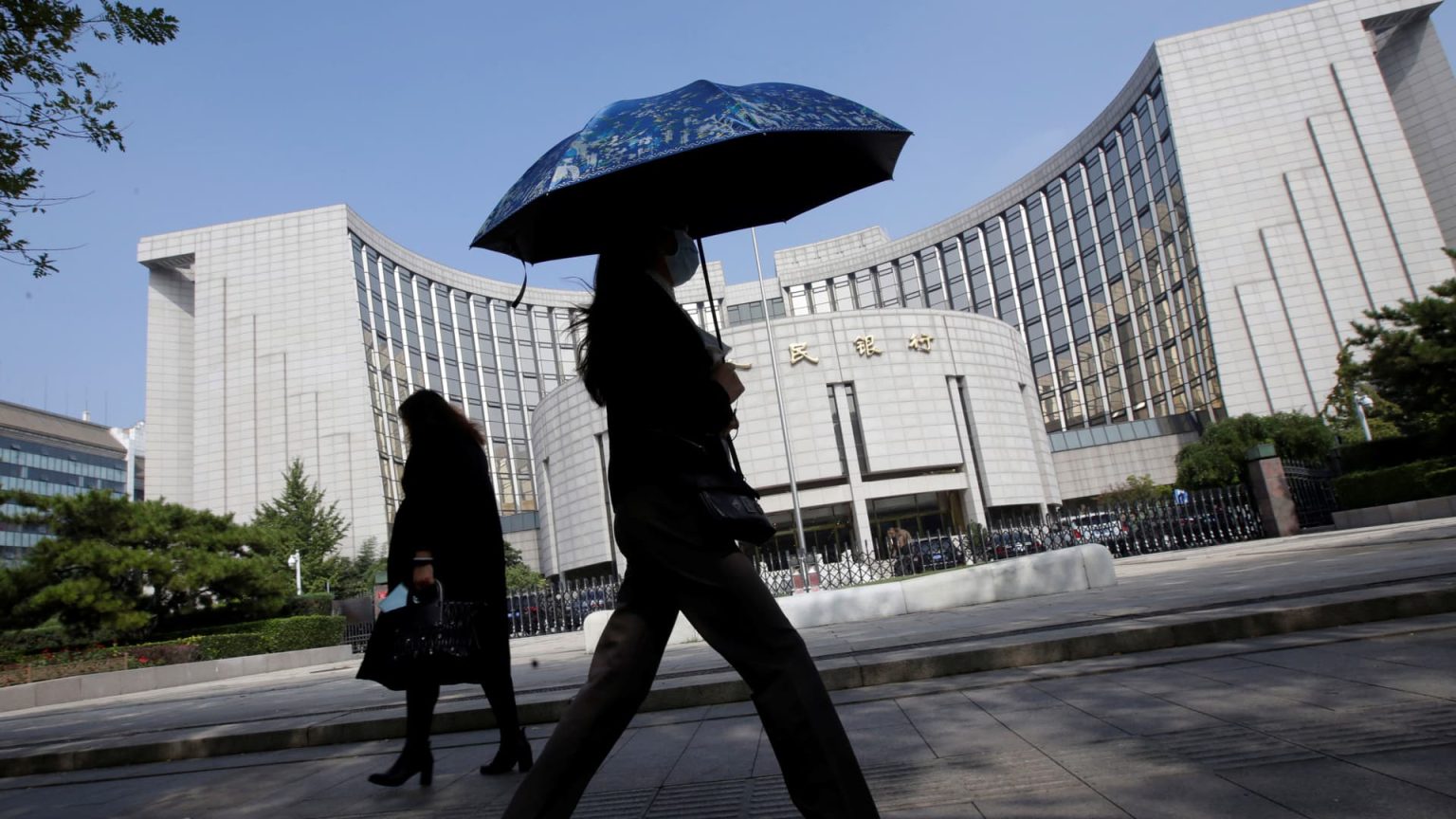Chinese authorities are concerned about the stability of the bond market, as slow economic growth and tight capital controls have led to a concentration of domestic funds in China’s government bond market. Regulators in Jiangxi province reportedly instructed commercial banks not to settle their purchases of government bonds, causing prices for 10-year Chinese government bonds to tumble before recovering slightly. The 10-year Chinese government bond yield had been falling all year but abruptly turned higher recently. Despite remaining lower than U.S. yields, concerns about what the increase implies for financial stability have led to increased intervention by the People’s Bank of China (PBoC) in the market.
PBoC Governor Pan Gongsheng has referenced the collapse of Silicon Valley Bank in the U.S. as a cautionary tale to prompt the correction and prevention of financial market risks. The PBoC has taken various steps to manage risks arising from the concentrated holding of government bonds by financial institutions, with an aim to encourage lending to the real economy rather than investment in bonds. Insurance companies face particular challenges as they have fixed return rates on products and could experience capital adequacy issues due to rapidly declining bond yields, requiring potentially trillions of yuan to cover. The lack of alternative investment options in China has led to extensive investment in the bond market by insurance companies and institutional investors.
Investors and analysts have expressed concerns about Beijing’s interventions in the bond market, as this could lead to significant losses due to the lack of investment alternatives in the country. The state-led economic model in China has traditionally led investors to believe that the government will step in to prevent losses, but recent developments have shown a more desperate approach by local authorities. The Chinese government has publicly expressed worries about the rapid lowering of bond yields and has attempted to address the issue by issuing warnings about risks and intervening in the market to maintain financial stability.
The speed at which bond buying has led to lower yields has raised red flags in China, with criticism from PBoC-affiliated publications about the negative impact on the economy. Despite efforts to maintain financial stability and address the lack of bond supply, low yields also reflect expectations of slower growth and poor credit growth in China. Reforms that enhance market diversity and discipline, particularly in the corporate bond market, may be necessary to channel market forces towards efficient credit allocation and support Beijing’s pursuit of economic growth that incurs less debt over the long term. The latest volatility in China’s domestic bond market highlights the need for such reforms to ensure stability and resilience in the financial system.


